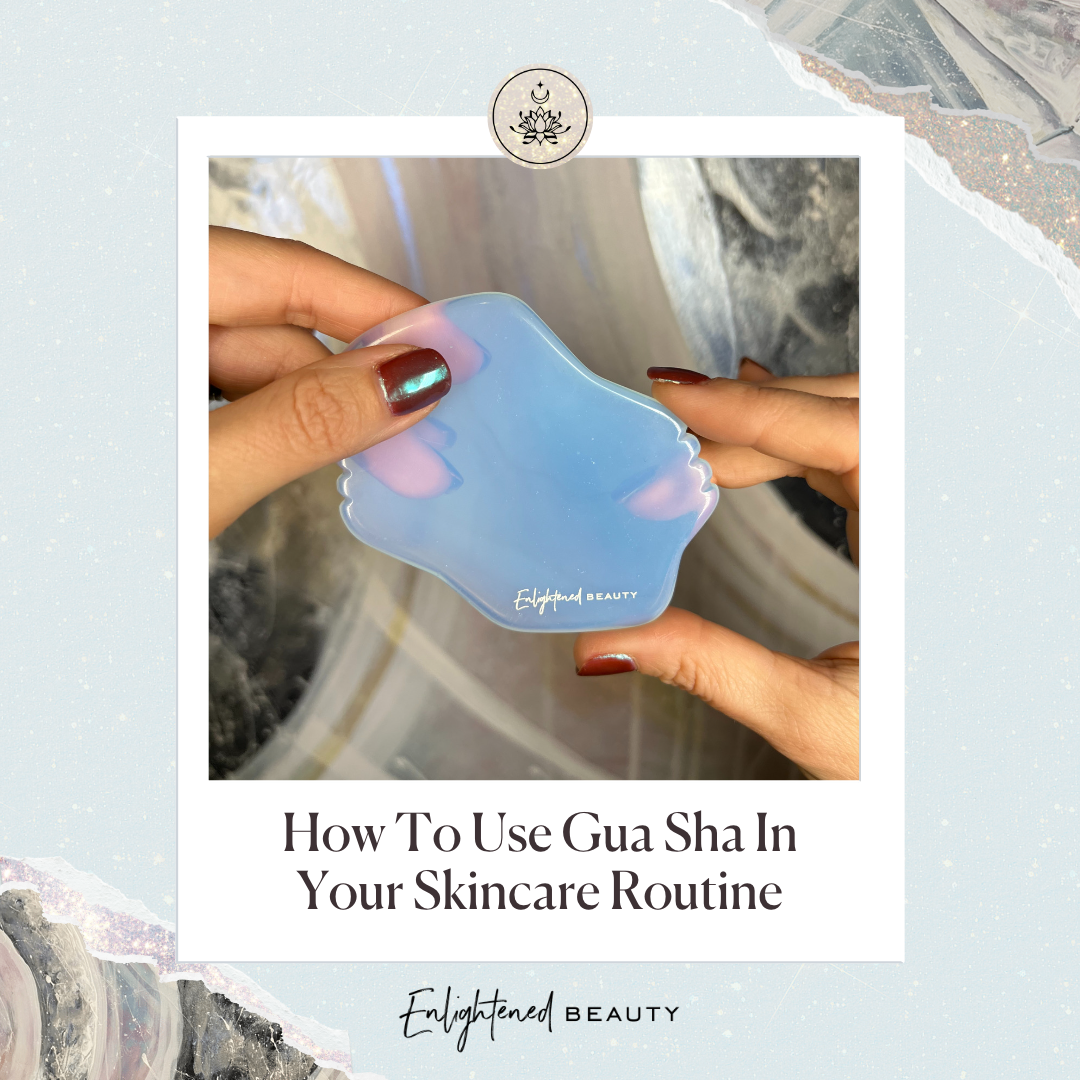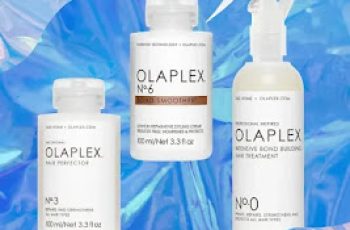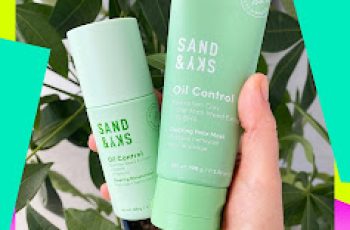
What is zinc? And what are its benefits for skin care?
The interesting thing about zinc is that we all know it or at least recognize its name. But believe it or not, there are many benefits to using zinc for skin care, whether it is a supplement or a topical product. So, we thought it was time to look into this mineral and get a better understanding of what zinc is and its skin care benefits.
What is zinc?
Zinc is a mineral that is essential for the body to function properly, heal wounds, boost the immune system, and also helps keep your skin healthy. This is because zinc is found in high levels in the upper layers of the skin, but unfortunately, the body cannot store the mineral for long, so a daily dose is the best idea as it supports the growth of new healthy skin cells.
Quick Facts About Zinc:
Who Should Use It? The main group of people who would benefit from incorporating zinc into their daily skin care routine are those with problematic and blemish-prone skin.
How Often Should It Be Used? You can take zinc daily, with a maximum of 40 mg recommended once a day.
Do Not Use With: Avoid taking multivitamins as this may lead to too much zinc intake on a daily basis.
As you can see, zinc is a great addition to your diet to keep your body healthy, but it has many more skin care benefits, so let’s learn more about them!
What are the benefits of zinc in skin care?
Main Benefits
Helps heal skin damage and wounds
Reduces the occurrence of inflammation
Helps heal active breakouts on the skin
Reduces the first signs of aging such as fine lines and wrinkles
Acts as a physical sunscreen factor, protecting the skin from harmful UV rays
These are some of the main benefits of zinc in skin care, especially in products designed to help people with skin problems that often experience breakouts and spots. It is well known that zinc deficiency can be a potential problem that leads to unexpected breakouts. This is because the mineral has the ability to limit the production of oil in the pores. By keeping excess oil to a minimum, the skin can remain balanced and more likely to remain flawless.
It is not just skin types that are prone to impurities that can benefit from this ingredient in their daily skin care. Zinc can support the underlying structure of the skin by promoting the production of collagen fibers and elastin. By producing these two factors, your skin will look and feel firmer. Her overall appearance will be more youthful, with visibly fewer fine lines and wrinkles.
As mentioned earlier, another benefit of zinc is that it protects the skin from UV rays, which can cause sun damage and other signs of premature aging. UV rays create free radicals that penetrate the skin and can cause further damage and break down the skin’s protective barrier. Zinc acts as a physical sunscreen, i.e. it blocks all sunlight, whether UVA or UVB, and protects the barrier by fighting free radicals or other factors such as pollution, bacteria, and remnants of skin aging.
Is zinc good for wrinkles?
Absolutely! As mentioned before, zinc has many benefits for the skin, many of which are relevant to blemish-prone skin types, but also to prevent and fight visible signs of aging. Zinc works on the lower layers of the skin to help improve facial structure by boosting collagen production and maintaining optimal elastin levels. Both of which decrease with age, leading to a lack of firmness that exacerbates the appearance of fine lines and wrinkles. By ensuring that zinc levels in the body are maintained at the right levels, you can help your skin look younger without showing signs of aging or loss of elasticity.
What type of zinc is best?
There are many different types of zinc that can offer a variety of benefits, whether taken as a dietary supplement or applied topically through the use of zinc-fortified skincare products.
Zinc Acetate
Zinc Sulfate
Zinc Picolinate
Zinc Monomethionine
Zinc Gluconate
Zinc Glycinate
Zinc Orotate
Zinc Citrate
All types of zinc are helpful, but when it comes to the best type of zinc for the skin, zinc picolinate is the best because it is absorbed best and fastest by the body as can be documented. It is also considered the safest as it is often chosen by expectant mothers who are zinc deficient. Since it penetrates the skin quickly, adding zinc supplements or other products to your daily routine will effectively benefit the skin.
Can zinc cause skin problems?
Some skin problems may occur when using zinc, but this is considered to be fairly rare. Here are some reactions that may occur:
Allergic reactions such as B. rash and hives
Itching
Redness
Blistering or flaking of the skin
Wheezing
Tightness in the chest or throat
Difficulty breathing
If you experience any of the following symptoms, whether or not you have a fever, you must see a doctor immediately. We also recommend that you seek help from a GP or dermatologist if you want to add zinc to your daily routine. If you want to try a zinc cream, apply a small amount to the inside of your forearm and leave it on for 24 hours. If there is no reaction, you can apply it to your face.
Now that you have learned more about this powerful mineral zinc and all of its skincare benefits, it’s pretty impressive for those with blemish-prone skin and those worried about the signs of aging. We almost want to call our old science teacher and share our new love of the periodic table with you!


